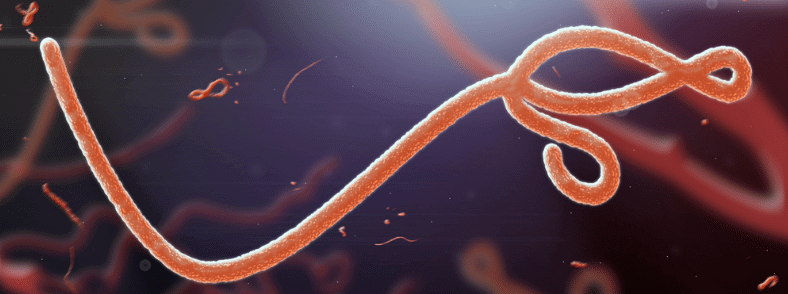The scourge of ebola in West Africa could become a thing of the past, claims astounding new clinical trials in Guinea. Responding to the outbreak last year, a coalition of scientists, doctors, drug companies and donors worked together to develop and test a new vaccination.
Trials took place in villages in Guinea where the virus had recently appeared. The family, friends and neighbours of infected people (excluding children and pregnant women) were given the vaccination. Some were treated immediately after ebola was confirmed in their community. Others were treated after 3 weeks to determine the drug’s protective effects.
Out of the 2,014 people inoculated immediately, none fell ill – a 100% success rate. Out of the 2,380 people with the delayed treatment, there were only 16 cases of ebola. If left untreated, there could have been hundreds of cases.
Further investigations in Gabon suggested that the treatment is safe for children and adolescents. With such a high success rate, the new treatment could potentially prevent future ebola outbreaks, helping to contain the virus before it reaches international crisis level.
John-Arne Rottingen, head of infectious disease control at the Norwegian Institute of Public Health, said: “We are really pleased with the interim results. It is really important to add the vaccine to the traditional hygiene measures. I believe this will be an important contribution to getting down to zero cases.”
Can this really the end of ebola? Are further trials needed before the vaccine can be relied upon? Will the treatment always be effective? Let us know what you think at marketing@athona.com.
Athona specialises in recruiting medical professionals for their ideal roles. We can also assist with revalidation, compliance and indemnity insurance enquiries.
For further information on how we can help you and your career, call 01277 217777 or email us at doctors@athona.com.
